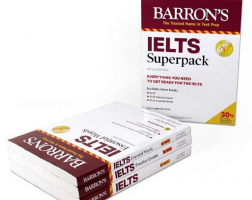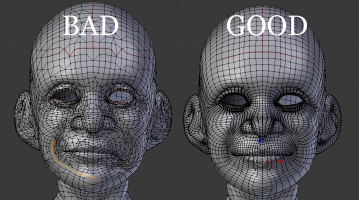Top 10 Best Books On Academic Writing
Academic writing encompasses many different types of writing, and it is critical to understand when and where to employ each style. To provide a distinctive ... read more...essay, paper, dissertation, research article, or thesis, academic writing involves solid technical understanding as well as great writing abilities. Academic writing is extremely important at all levels of school and cannot be overstated. As a result, knowing how to write, construct, and structure an academic document is critical. So, let's take a look at the best books on academic writing and see what each one has to offer.
-
William Zinsser is an author, editor, and educator. He began his career as a reporter for the New York Herald Tribune and has since written consistently for major publications. He was the master of Yale's Branford College in the 1970s. Writing to Learn and Writing About Your Life are two of his 17 works, which cover everything from baseball to music to American travel. He is a professor at the New School in New York.
On Writing Well has been lauded for its good instruction, lucidity, and loving tone. Among the best books on academic writing, it's a book for everyone who wants to learn how to write or who has to write to get through the day, which is nearly everyone these days thanks to e-mail and the Internet.
On Writing Well provides essential principles as well as the insights of a prominent writer and instructor, whether you wish to write about people or places, science and technology, business, sports, the arts, or yourself in the increasingly popular memoir genre. With over a million copies sold, this book has endured the test of time and continues to be a great resource for authors and aspiring writers. There hasn't been a writing handbook as well-presented and readable as this one since The Elements of Style. Every page demonstrates a love and respect for the language.
Author: William Zinsser
Link to buy: https://www.amazon.com/Writing-Well-Classic-Guide-Nonfiction/dp/0060891548/
Ratings: 4.7 out of 5 stars (from 3583 reviews)
Best Sellers Rank: #2,343 in Books
#2 in Business Writing Skills (Books)
#2 in Authorship Reference
#4 in Business Encyclopedias
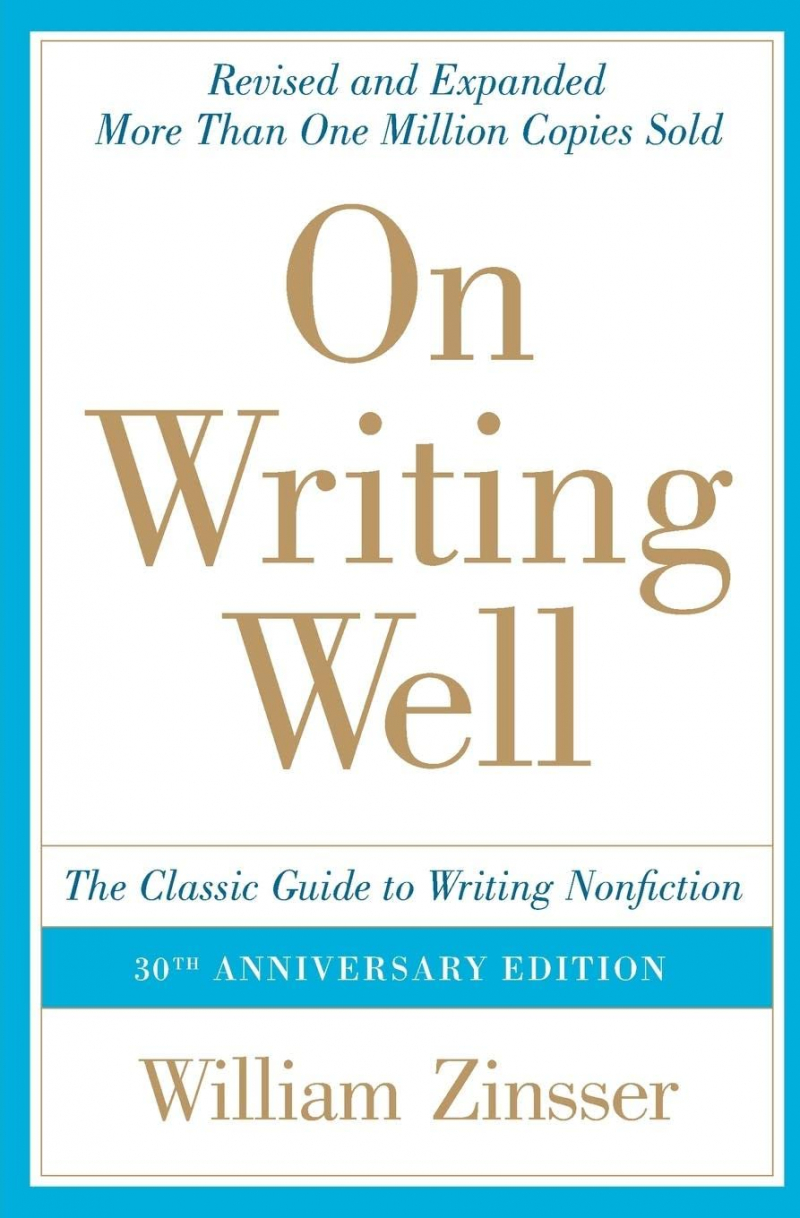
https://www.amazon.com/ 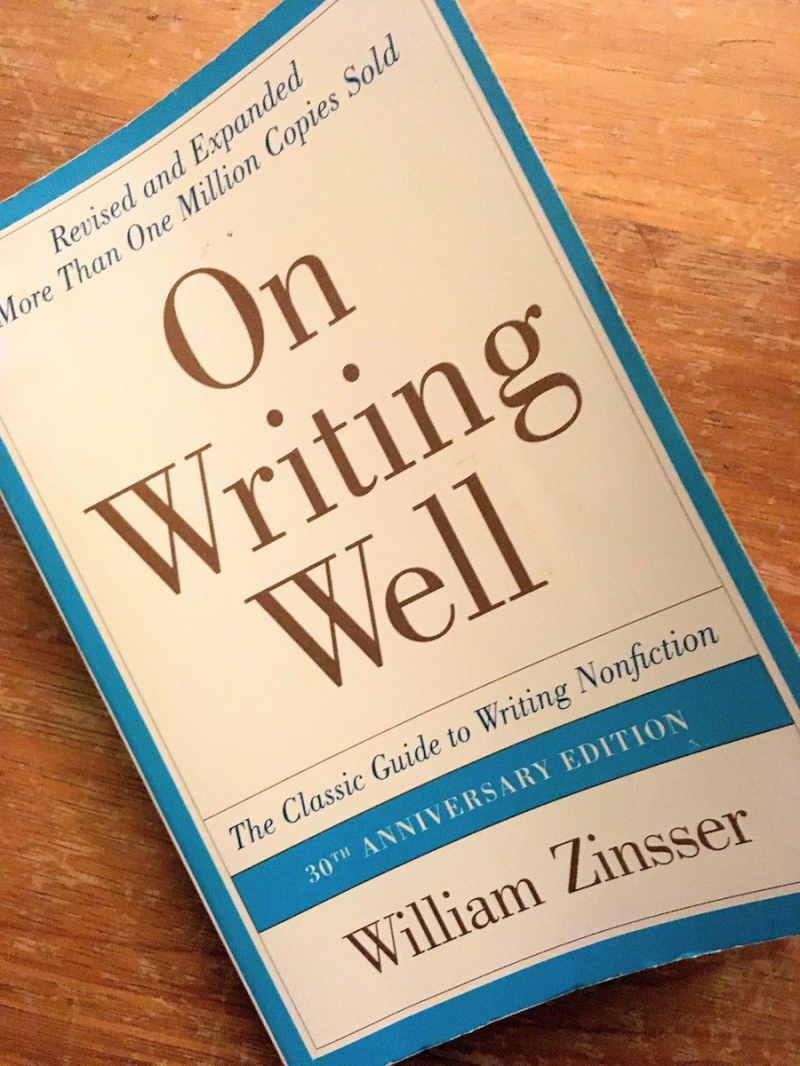
rattibha.com -
Gerald Graff, Emeritus Professor of English and Education at the University of Illinois at Chicago and President of the Modern Language Association of America in 2008, has had a significant impact on teachers with books such as Professing Literature: An Institutional History, Beyond the Culture Wars: How Teaching the Conflicts Can Revitalize American Education, and Clueless in Academe: How Schooling Obscures the Life of the Mind.
Cathy Birkenstein is an English lecturer at the University of Illinois at Chicago. She has written pieces for College English as well as The Chronicle of Higher Education, Academe, and College Composition and Communication with Gerald Graff.
The essential rhetorical gestures in academic writing are identified in They Say / I Say. Among the best books on academic writing, the book teaches students how to formulate their arguments in response to what others have said and gives templates to assist them in getting started. The fourth edition includes several NEW academic writing examples, a NEW chapter on Participating in Online Discussions, and a substantially updated chapter on Writing in the Social Sciences. Finally, two NEW readings present contemporary examples of rhetorical strategies in action.
Author: Gerald Graff and Cathy Birkenstein
Link to buy: https://www.amazon.com/dp/0393631672
Ratings: 4.5 out of 5 stars (from 3897 reviews)
Best Sellers Rank: #27,239 in Books
#22 in Creative Writing & Composition
#86 in Fiction Writing Reference (Books)
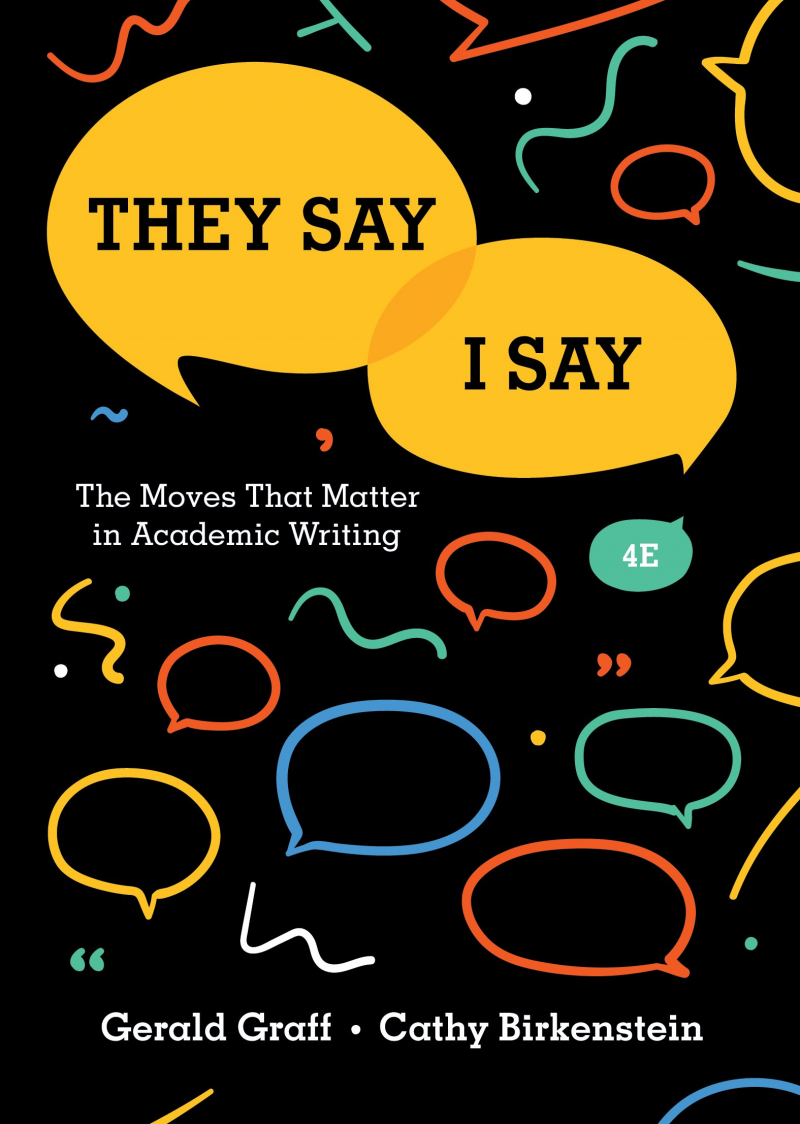
https://www.amazon.com/ 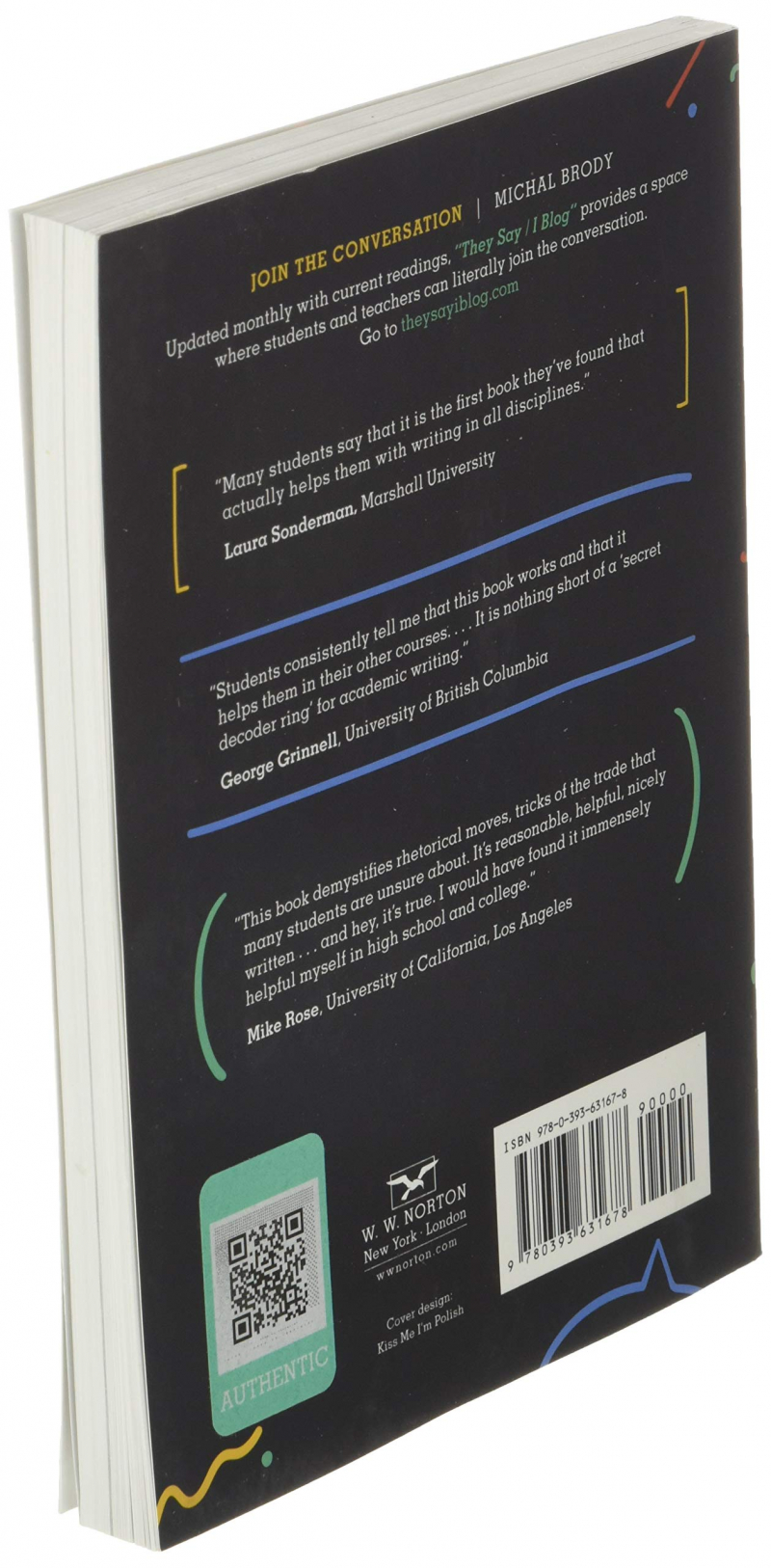
Amazon.co.uk -
At Harvard University, Steven Pinker is the Harvard College Professor of Psychology. He has been designated one of Time's 100 Most Influential People in the World Today and Foreign Policy's 100 Global Thinkers, as well as a two-time Pulitzer Prize nominee and the recipient of several accolades for his research, teaching, and writings.
Why is so much writing so poor, and how can we improve it? Is texting and social media tainting the English language? Do today's youngsters care about good writing—and why should we? The Better Angels of Our Nature and Enlightenment Now author.
Steven Pinker, cognitive scientist, dictionary consultant, and New York Times–bestselling author, rethinks the usage guide for the twenty-first century in this amusing and eminently practical book. He demonstrates how the skill of writing can be a form of pleasant mastery and a fascinating intellectual issue in its own right by using examples of great and gruesome modern language while eschewing the scolding tone and Spartan tastes of the classic manuals. The Sense of Style is intended for writers of all genres, as well as readers interested in letters and literature and curious about how the sciences of mind might enlighten how language works at its best.
Author: Steven Pinker
Link to buy: https://www.amazon.com/Sense-Style-Thinking-Persons-Writing-ebook/dp/B00INIYG74/
Ratings: 4.5 out of 5 stars (from 1378 reviews)
Best Sellers Rank: #144,624 in Kindle Store
#22 in Rhetoric (Kindle Store)
#32 in Grammar Reference (Kindle Store)
#64 in Words & Language Reference
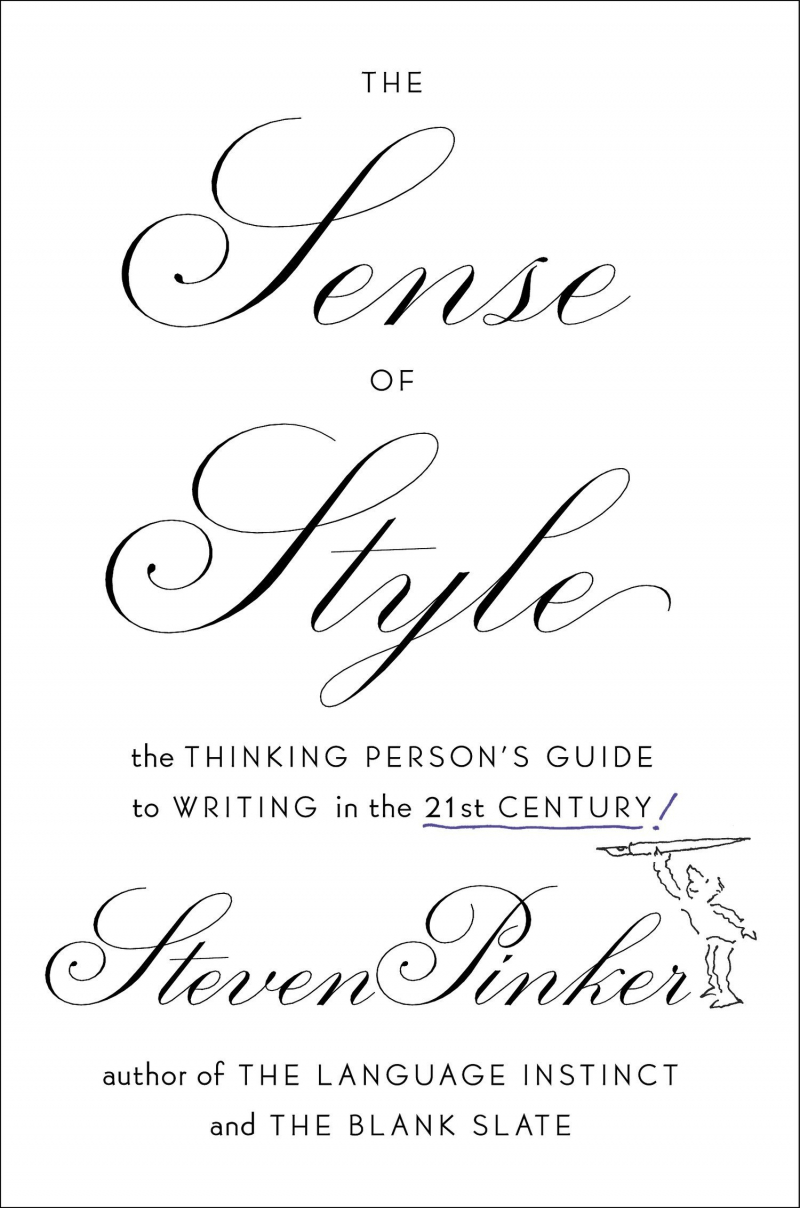
amazon.ca 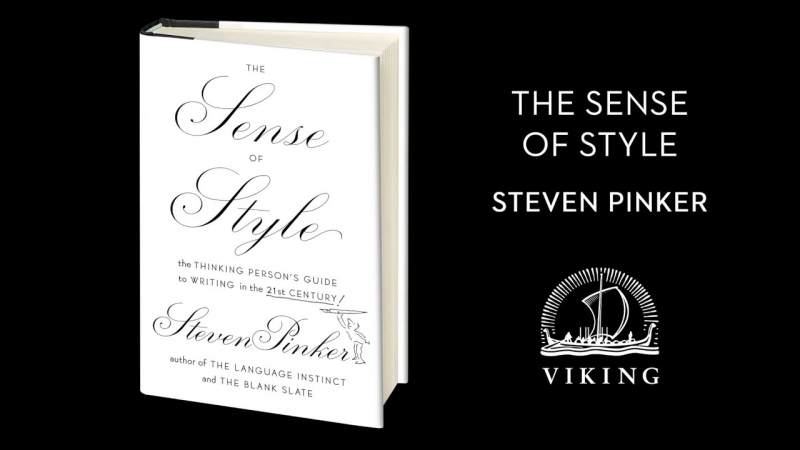
Photo: Viking Books's Youtube Channel -
Paul J. Silvia, PhD is the Lucy Spinks Keker Excellence Professor at the University of North Carolina at Greensboro. For his research on aesthetic emotions, he received the Berlyne Award from the Society for the Psychology of Aesthetics, Creativity, and the Arts, and he later served as president of the Society. Exploring the Psychology of Interest (2006), Public Speaking for Psychologists: A Lighthearted Guide to Research Presentations, Job Talks, and Other Opportunities to Embarrass Yourself (2010, with David B. Feldman), and Write It Up: Practical Strategies for Writing and Publishing Journal Articles (2010, with David B. Feldman) are among his other books (2015).
Although all academics must write, many struggle to complete their dissertations, papers, books, or grant submissions. Writing is challenging activity that might be difficult to fit into a hectic academic schedule. How can we do it all and still have a life?
Paul Silvia offers new recommendations in this second edition of his bestselling manual to help you overcome hurdles to writing and make better use of your time. He presents practical techniques to push students, professors, researchers, and other academics to become better and more productive writers after addressing some frequent excuses and poor habits. Silvia uses his personal psychology expertise to show how to create, submit, and revise academic work ranging from journal articles to books without sacrificing evenings, weekends, or holidays. How to Write a Lot's tips and tactics have been modified to adapt to academic writing in most areas. A chapter on preparing grant and fellowship proposals is also new in this edition.
Author: Paul J. Silvia
Link to buy: https://www.amazon.com/How-Write-Lot-Practical-Productive/dp/1433829738/
Ratings: 4.7 out of 5 stars (from 680 reviews)
Best Sellers Rank: #39,346 in Books
#24 in Medical Psychology Reference
#26 in Research Reference Books
#32 in Psychology Education & Training (Books)
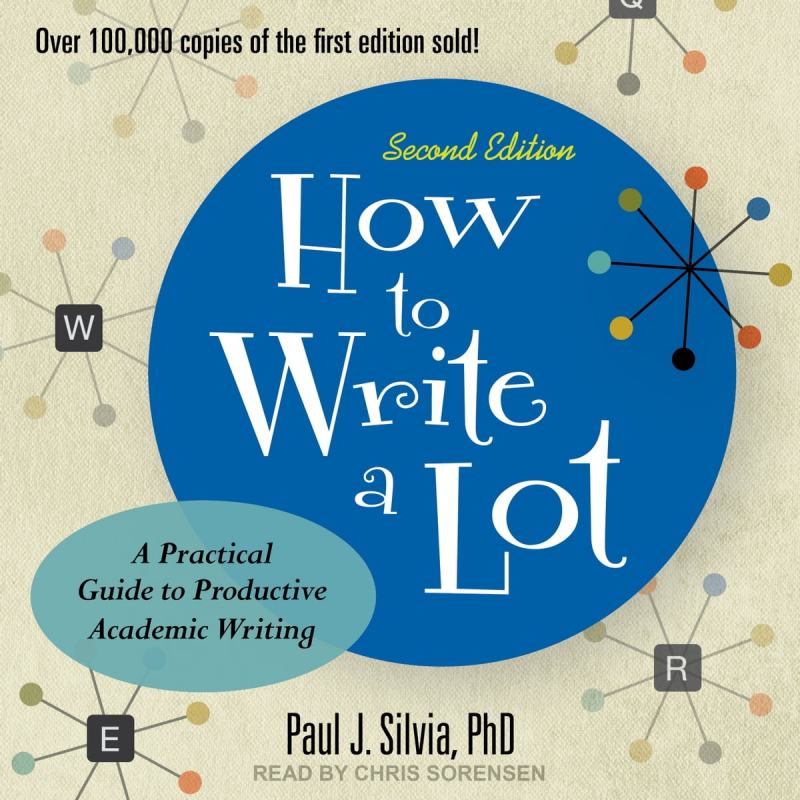
kobo.com 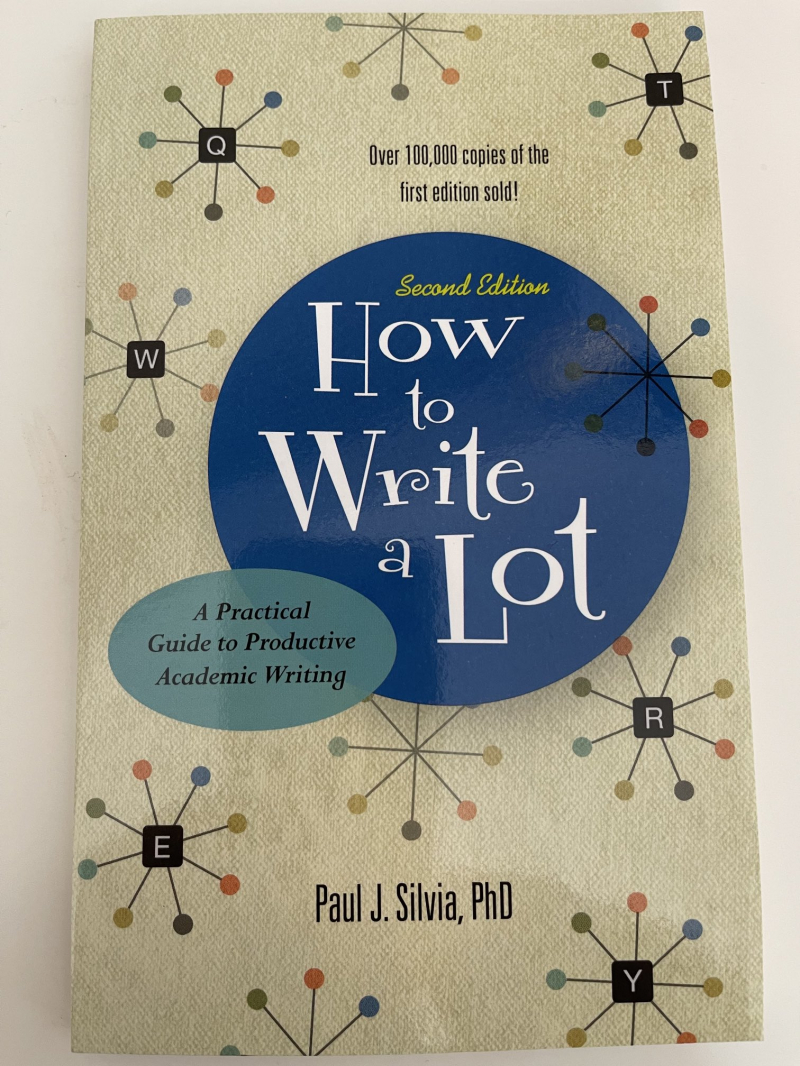
twitter.com -
John Swales, now officially retired from the University of Michigan, Ann Arbor, where he was also the Director of the English Language Institute for many years. He has written several books, the first of which was "Writing Scientific English" in 1971 and the most recent of which was "Incidents in an Educational Life" in 2009.
The third edition of this popular writing guide for graduate and undergraduate students has been updated to include older data set updates and replacements; an expanded range of disciplines with tasks such as nursing, marketing, and art history; discourse analysis discussions; and a broader discussion of e-mail use that includes current e-mail practices.
The third edition of Academic Writing for Graduate Students, like its predecessor, explains understanding the intended audience, the purpose of the paper, and academic genres; includes the use of task-based methodology, analytic group discussion, and genre consciousness-raising; demonstrates how to write summaries and critiques; includes Language Focus sections that address linguistic elements as they affect the larger rhetorical objectives; and assists students in positioning themselves. The book is regarded as one of the best books on academic writing.
Among the many changes in the third edition are:
- newer, longer, and more authentic texts and examples
- greater discipline variety in texts (added texts from hard sciences and engineering)
- more in-depth treatment of research articles
- greater emphasis on vocabulary issues
- revised flow-of-ideas section
- additional tasks that require students to do their own research
- more corpus-informed content
Author: John M. Swales
Link to buy: https://www.amazon.com/Academic-Writing-Graduate-Students-Essential/dp/0472034758/
Ratings: 4.6 out of 5 stars (from 490 reviews)
Best Sellers Rank: #105,661 in Books
#86 in Creative Writing & Composition
#87 in Education Research (Books)
#229 in English as a Second Language Instruction
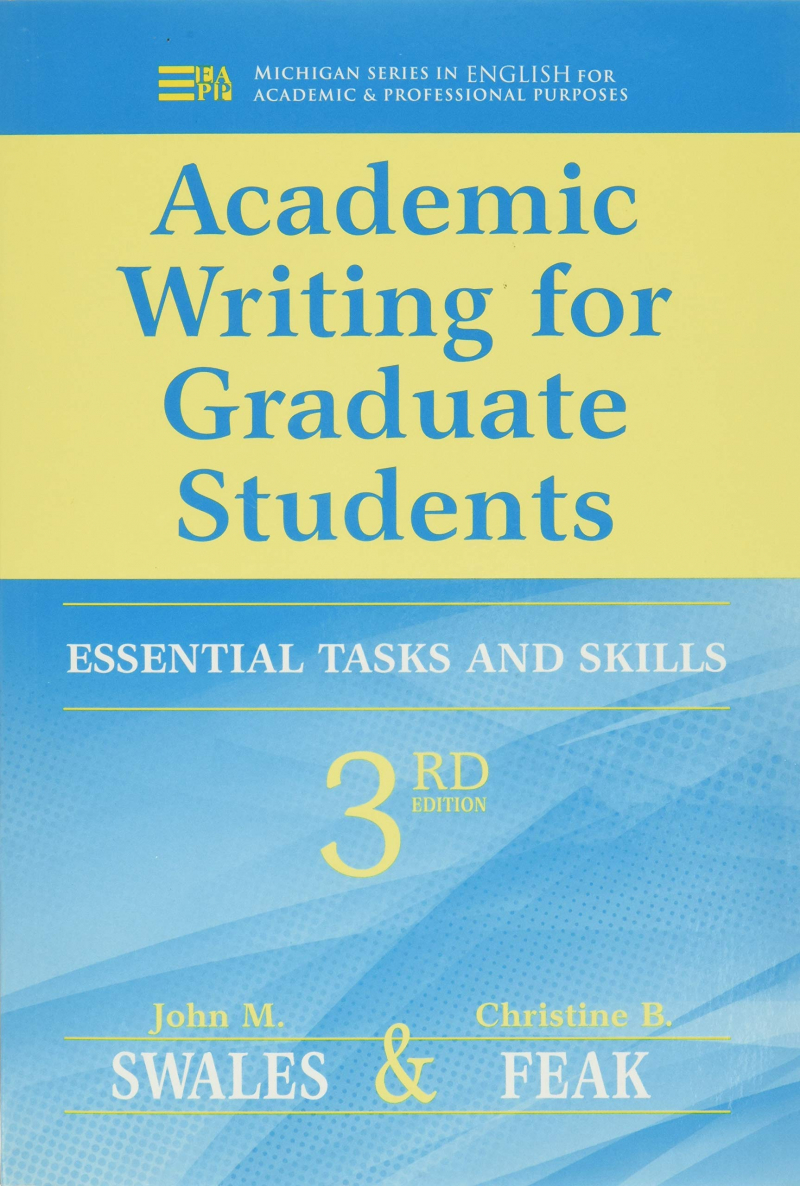
amazon.ca 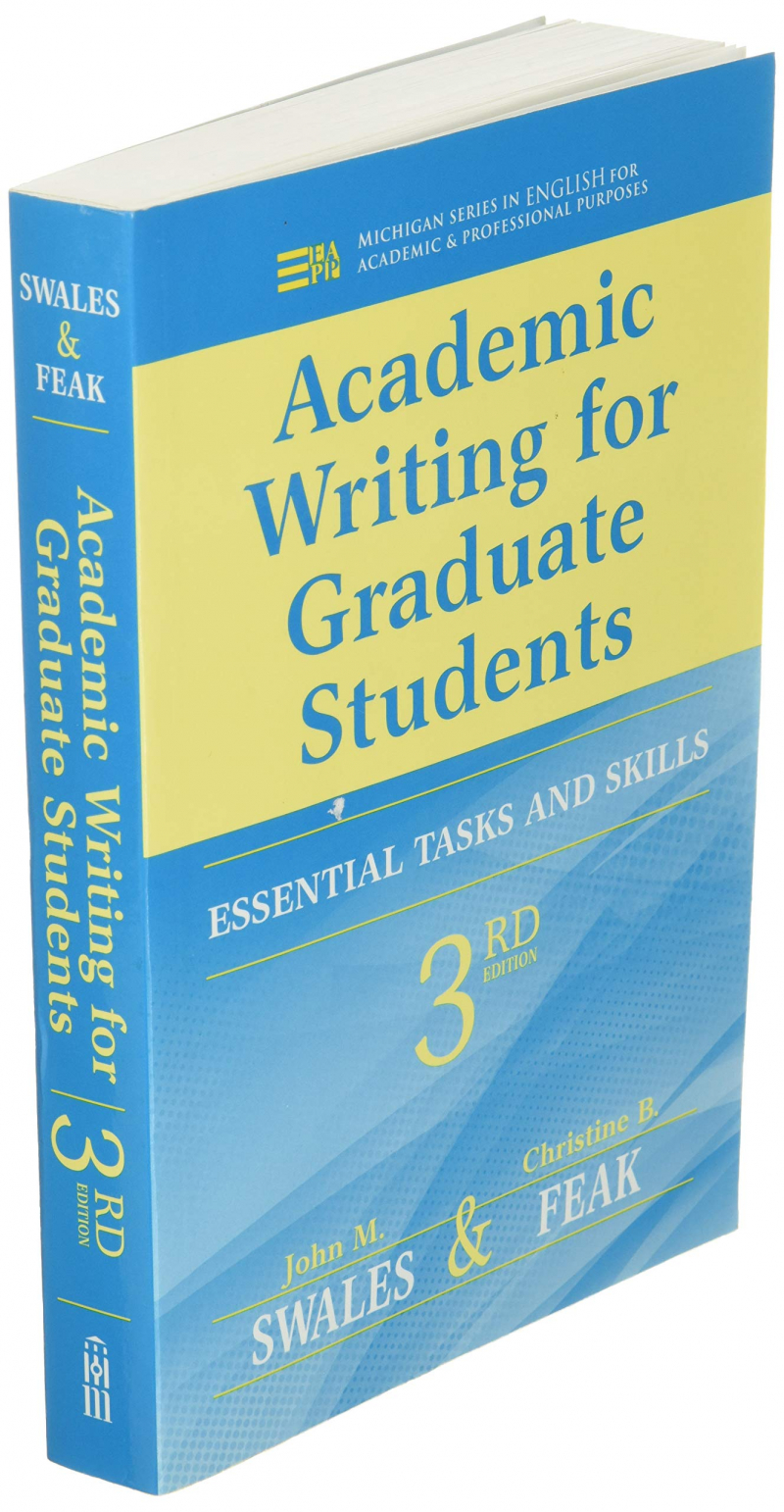
amazon.ca -
Helen Sword is a University of Auckland Professor and the Director of the Centre for Learning and Research in Higher Education. Her well-attended academic writing courses for professors and doctoral students have taken her to institutions throughout North America, Europe, Africa, Asia, and Australasia.
Helen Sword argues in her engaging guide to academic writing that attractive data and ideas deserve elegant expression. For academics who are fed up with disciplinary traditions, and for specialists who want to write for a wider audience but don't know where to start, here are inventive, practical, and amusing ideas on how to make articles and books enjoyable to read and write.
Sword dispels the misconception that you can't get published unless you write wordy, impersonal prose, demonstrating how much journal editors and readers value work that avoids excessive jargon and abstraction. Sword's examination of over a thousand peer-reviewed articles from a variety of subjects reveals a stunning disparity between how academics often describe good writing and the turgid language they regularly generate.
Stylish Academic Writing features a diverse spectrum of experts from the sciences, arts, and social sciences who write with vigor and panache. Individual chapters cover various style components such as titles and headings, chapter introductions, and organization, and conclude with examples of transferrable approaches that any writer can master.
Author: Helen Sword
Link to buy: https://www.amazon.com/Stylish-Academic-Writing-Helen-Sword/dp/0674064488/
Ratings: 4.5 out of 5 stars (from 216 reviews)
Best Sellers Rank: #98,387 in Books
#108 in Rhetoric (Books)
#128 in Authorship Reference
#193 in Words, Language & Grammar Reference
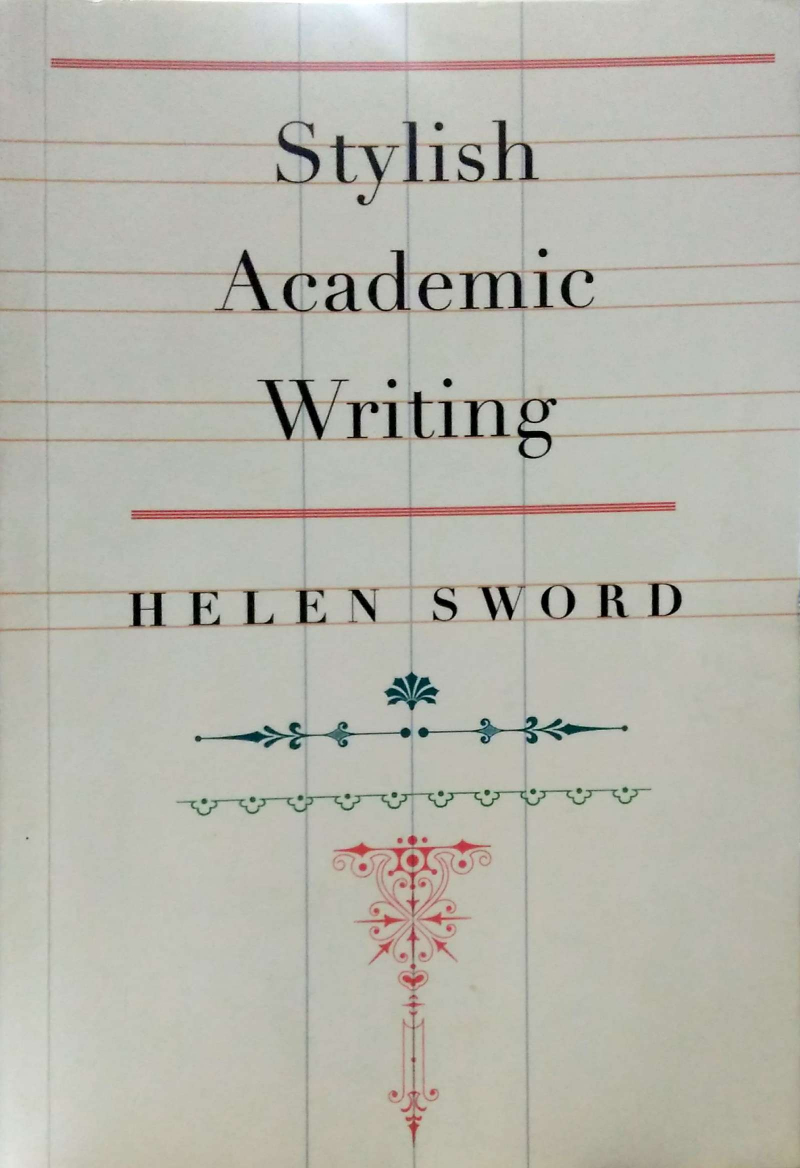
amazon.in 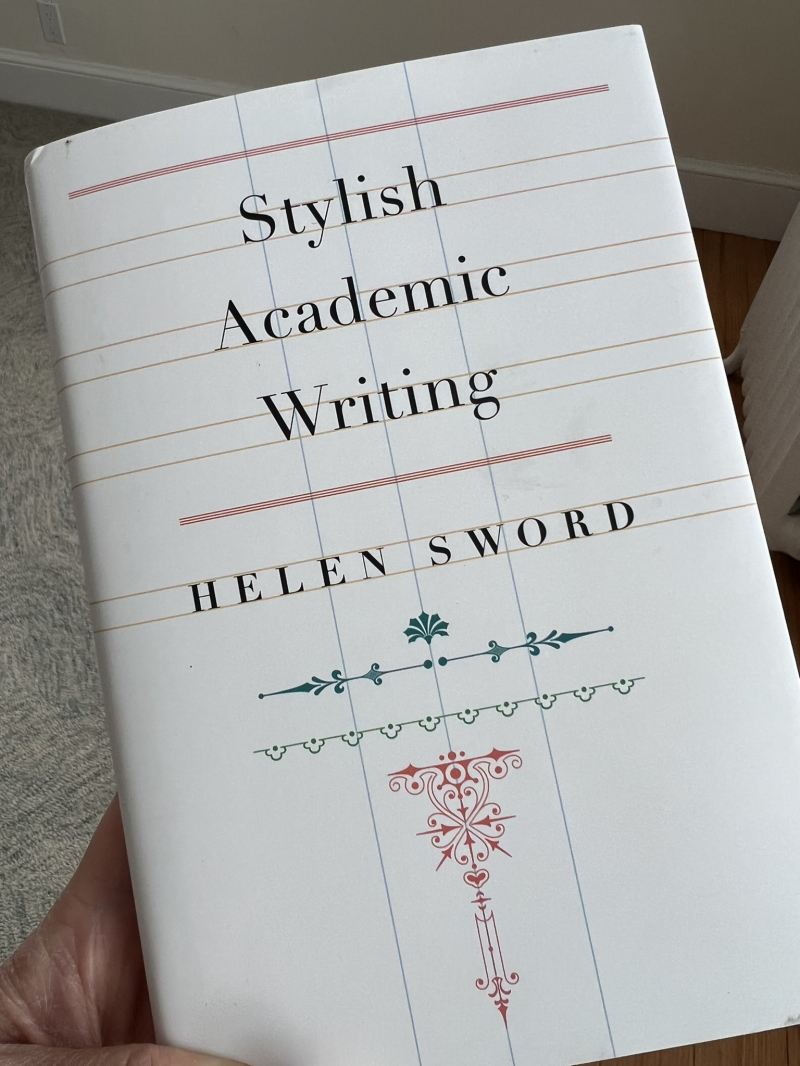
mobile.twitter.com -
Jacques Barzun was born in France in 1907 and immigrated to the United States in 1920. After graduating from Columbia College, he joined the university's faculty, eventually becoming Seth Low Professor of History and Dean of Faculties and Provost for a decade. He received the Gold Medal for Criticism from the American Academy of Arts and Letters, of which he was thrice president, for his thirty works, including the New York Times bestseller From Dawn to Decadence. He lived in San Antonio, Texas, until he died at the age of 104.
After a lifetime of writing and editing prose, Jacques Barzun has outlined his recommendations for improving one's style in Simple and Direct. His explanations of diction, grammar, tone, meaning, composition, and revision walk the reader through the process of making the written word plain and pleasant to read. Exercises, literary and casual model passages, and hundreds of funny examples of incorrect usage demonstrate how to find the appropriate road to self-expression in forceful and distinctive language.
Author: Jacques Barzun
Link to buy: https://www.amazon.com/Simple-Direct-Rhetoric-Jacques-Barzun/dp/0226038688/
Ratings: 4.5 out of 5 stars (from 13 reviews)
Best Sellers Rank: #822,584 in Books
#160 in Writing Skills Reference
#778 in Creative Writing & Composition
#852 in Research Reference Books
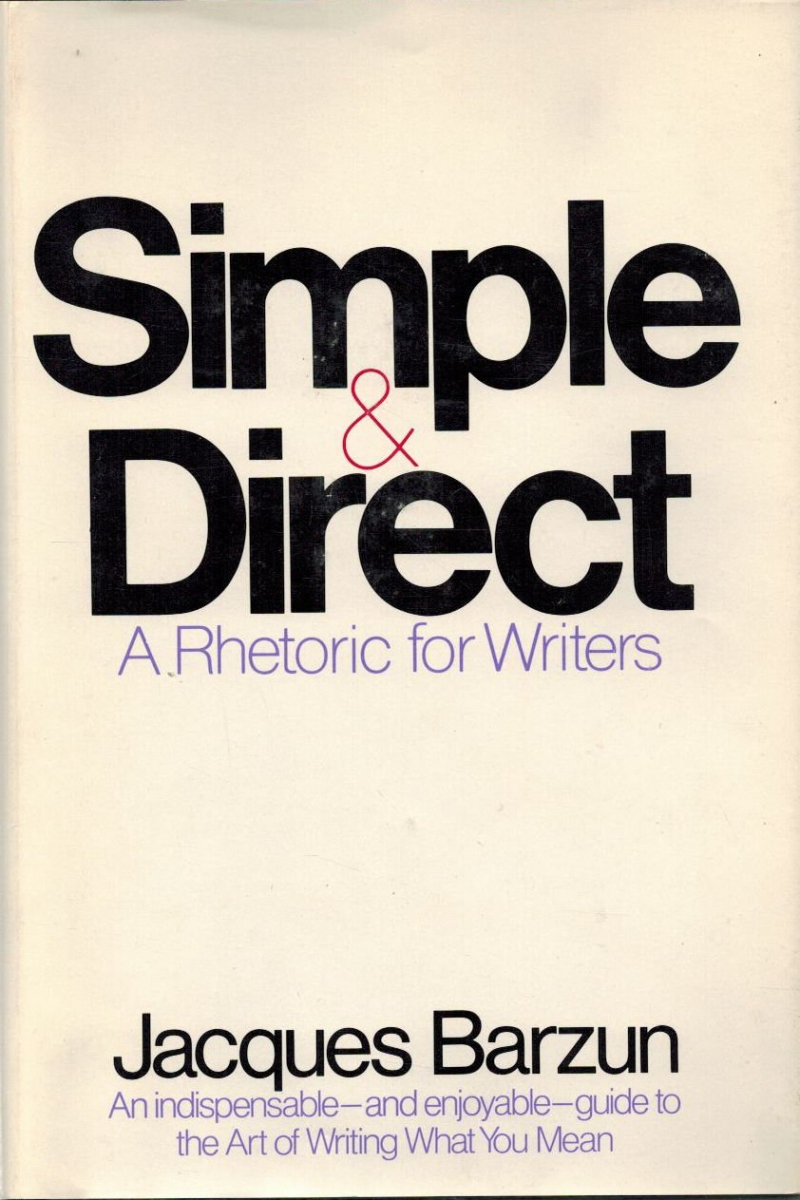
amazon.in 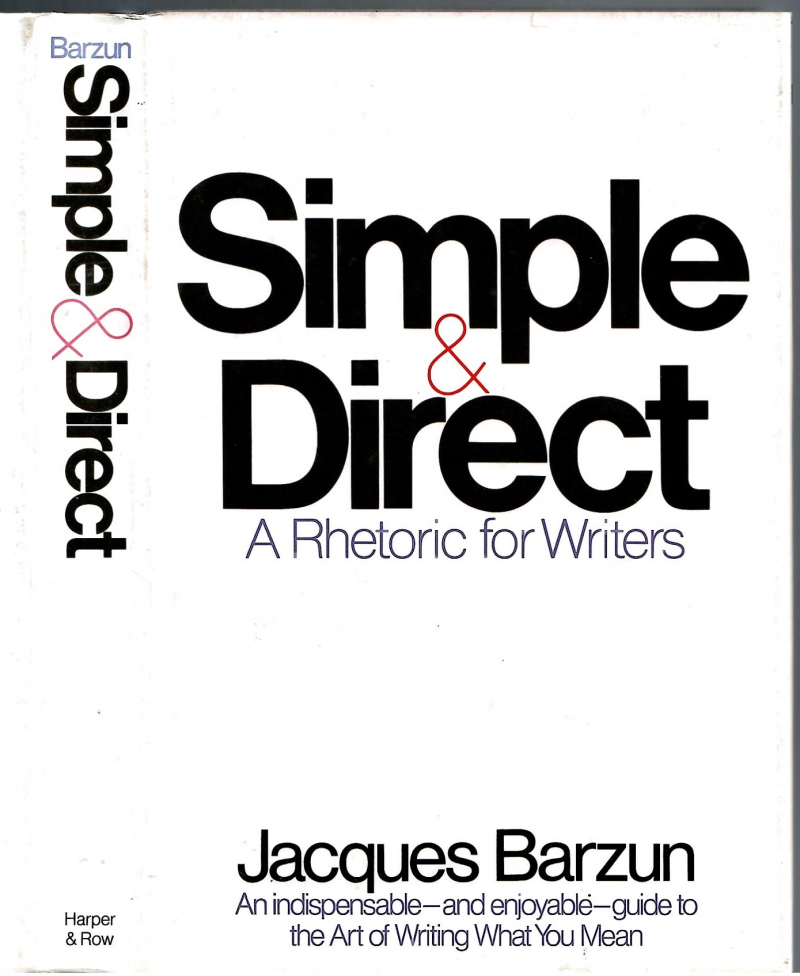
commoncrowbooks.com -
Deirdre Nansen McCloskey is a prominent professor emerita of economics, history, and English, as well as a professor emerita of communication, at the University of Illinois at Chicago.
Economics is not noted for its excellent writing. Yes, charts. No, it's not sparkling prose. Except, of course, for Deirdre Nansen McCloskey. Her conversational and funny yet always clear manner is a trademark of her famous books of economic history, enlivening the depressing science and attracting readers far beyond the study. And now she's come to reveal the tricks of the trade.
Economical Writing is a set of thirty-five simple rules for making your writing clear, concise, and effective. McCloskey demonstrates that successful writing is a product of skilled intuition and a rigorous rewriting process, moving from big-picture ideas to particular tactics for improvement at the paragraph, sentence, or word level. She informs authors of all levels of expertise how to rethink the way they approach their work, and provides them the knowledge to turn average prose into magic by debunking outdated norms, warning us that "footnotes are nests for pedants," and delivering an armory of readily accessible tools and strategies.
Economical Writing delivers on its promise of being both efficient and digestible, as well as humorous and controversial. With McCloskey as our guide, it's difficult not to see how any piece of writing—economic or otherwise—can be enjoyable to read.
Author: Deirdre Nansen McCloskey
Link to buy: https://www.amazon.com/Economical-Writing-Third-Thirty-Five-Persuasive/dp/022644807X/
Ratings: 4.5 out of 5 stars (from 130 reviews)
Best Sellers Rank: #81,394 in Books
#167 in Words, Language & Grammar Reference
#340 in Fiction Writing Reference (Books)
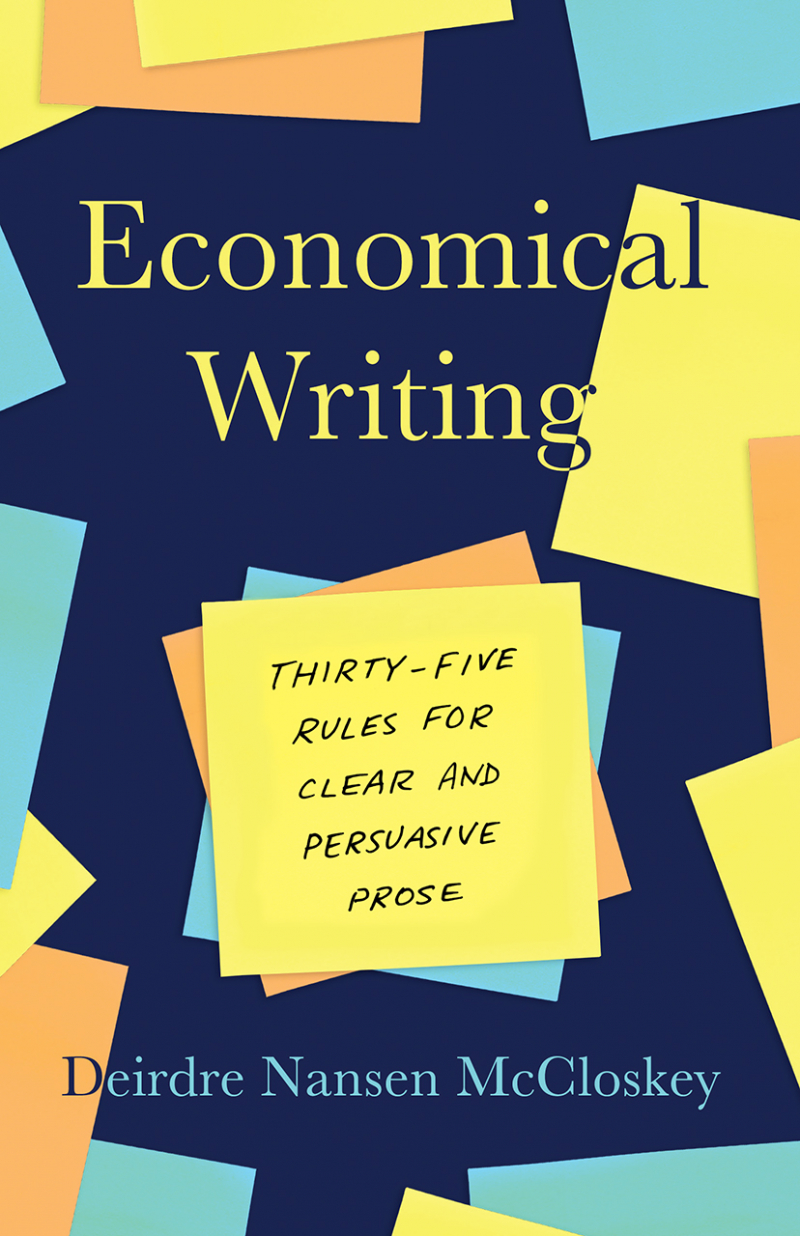
https://press.uchicago.edu/ 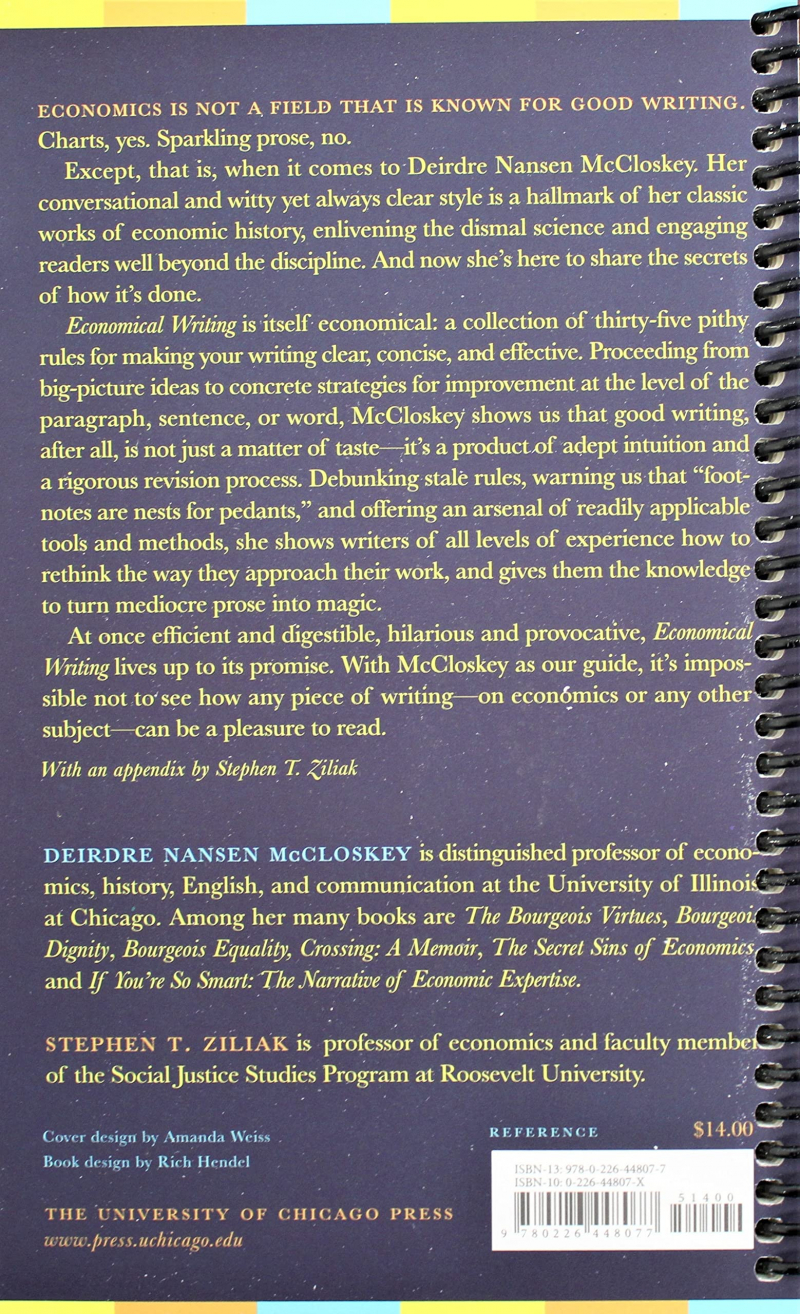
https://www.amazon.com/ -
Howard S. Becker has made significant contributions to the sociology of deviance, art, and music. He earned his PhD from the University of Chicago, where he also taught sociology and social sciences. He was a sociology professor at Northwestern University for twenty-five years before becoming a sociology professor and adjunct music professor at the University of Washington. He splits his time between San Francisco and Paris.
Students and researchers all write under duress, and those duresses—most notably, the urge to impress rather than engage with your audience—often lead to pretentious prose, academic posturing, and, not uncommon, writer's block.
Howard S. Becker, a sociologist, wrote the classic book on how to overcome these demands and simply write. Writing for Social Scientists, first published nearly two decades ago, has become a lifeline for writers of all levels, from beginning students to published authors. Becker's advice is simple: take a deep breath and then start writing if you want to learn how to write. Revise. Repeat.
As Becker cynically observes, it is not always an easy procedure. Decades of teaching, studying, and publishing have provided him with ample material, and Becker deftly exposes the faults of academia and its "publish or perish" culture. Wordiness, the passive voice, introducing a "the way in which" when a simple "how" will suffice—all of these techniques are part of academic writing's social structure. We can modify our work habits and start writing clearly without caring about grades, peer approval, or the "literature" by ignoring such impediments—or, at the very least, setting them aside for a few hours.
Becker's revised version takes into account key developments in computer tools available to writers today, as well as significantly expanding his critique of how academic institutions create challenges for them. Writing for Social Scientists will bring relief to a new generation of harried, would-be authors as academic competition heats up. It is exactly among the best books on academic writing you should read.
Author: Howard S. Becker
Link to buy: https://www.amazon.com/dp/0226041301
Ratings: 4.5 out of 5 stars (from 171 reviews)
Best Sellers Rank: #3,596,511 in Books
#597 in Writing Skills Reference
#1,150 in Social Sciences Reference
#3,325 in Research Reference Books
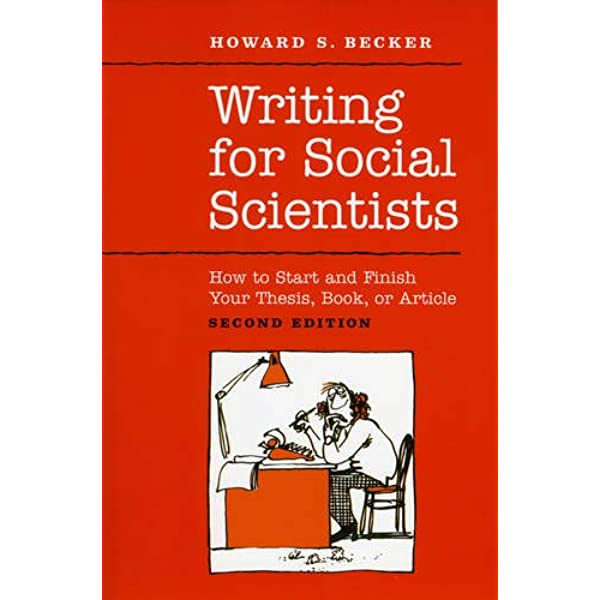
amazon.ca 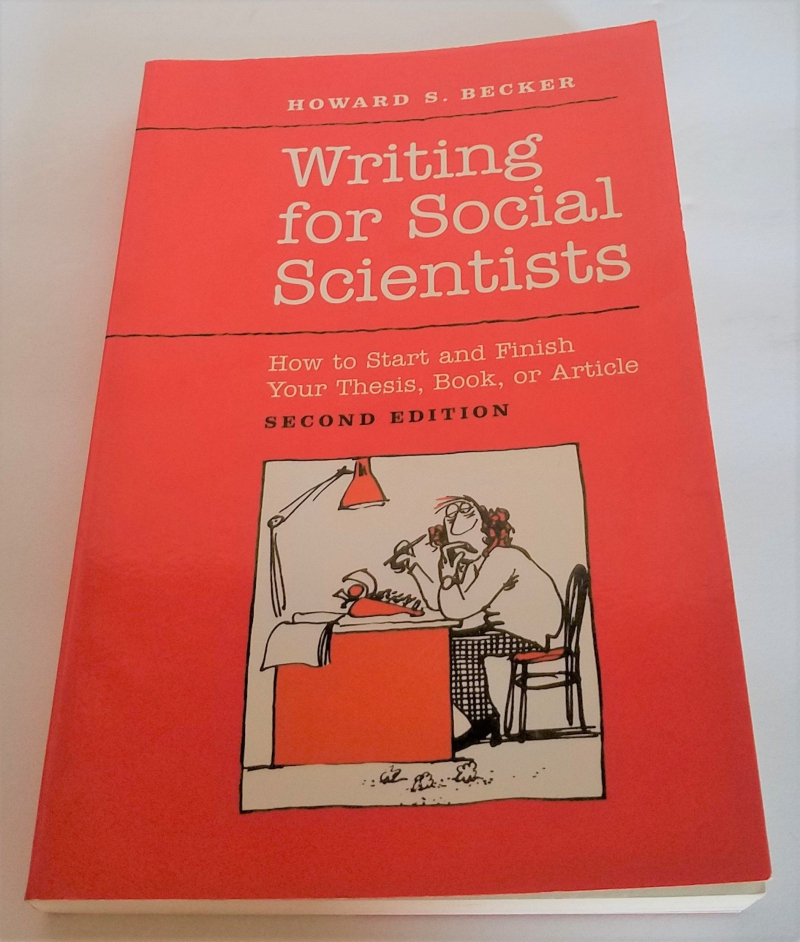
biblio.com -
Carol Booth Olson is an associate professor of education at the University of California, Irvine, and the director of the National Writing Project's UCI location. Robin C. Scarcella is a professor in the School of Humanities and the head of the Program in Academic English at the University of California, Irvine. Tina Matuchniak is the UCI Writing Project's research director and a lecturer at California State University, Long Beach.
Helping English Learners to Write will assist secondary teachers in improving the academic writing of English learners by utilizing a wide range of research-based approaches. It offers specific instructional strategies, activities, and extended lessons to help EL students build their narrative, informational, and argumentative writing skills, as highlighted by the Common Core State Standards. It also investigates the difficulties that each of these genres presents for ELs and provides strategies for scaffolding education to assist students become confident and proficient academic writers.
Helping English Learners to Write includes artifacts and written work produced by students with varying levels of language proficiency as models of what students can accomplish, showcasing the work of exemplary school teachers who have devoted time and expertise to creating rich learning environments for the secondary classroom. Each chapter starts with a brief overview and concludes with a brief review of the main ideas.
This book can be used by readers to:
- Assist ELs in meeting the Common Core State Standards' writing requirements.
- Plan and establish educational objectives.
- Teacher-tested tactics, activities, and lessons can be used to supplement existing English language arts or English language development curricula.
- Create a learning community.
- Create secure classroom environments in which students, especially those with less-than-perfect English, are encouraged to engage.
- Create and implement culturally relevant instruction that capitalizes on students' skills.
Author: Carol Booth Olson, Robin C. Scarcella and Tina Matuchniak
Link to buy: https://www.amazon.com/dp/0807756334
Ratings: 4.4 out of 5 stars (from 25 reviews)
Best Sellers Rank: #1,192,442 in Books
#1,207 in Creative Writing & Composition
#1,465 in Common Core
#2,203 in Language Arts Teaching Materials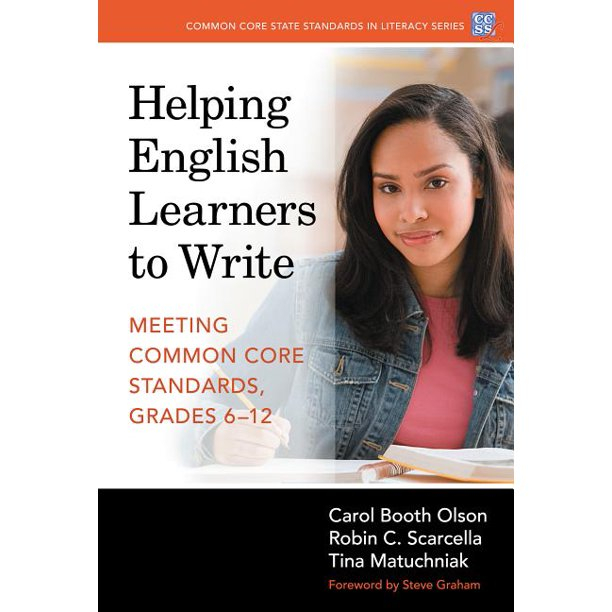
walmart.com 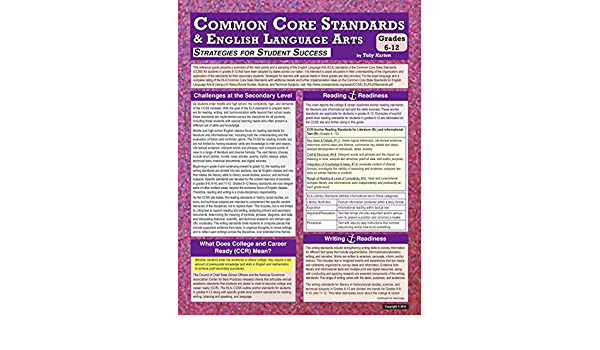
amazon.com
















